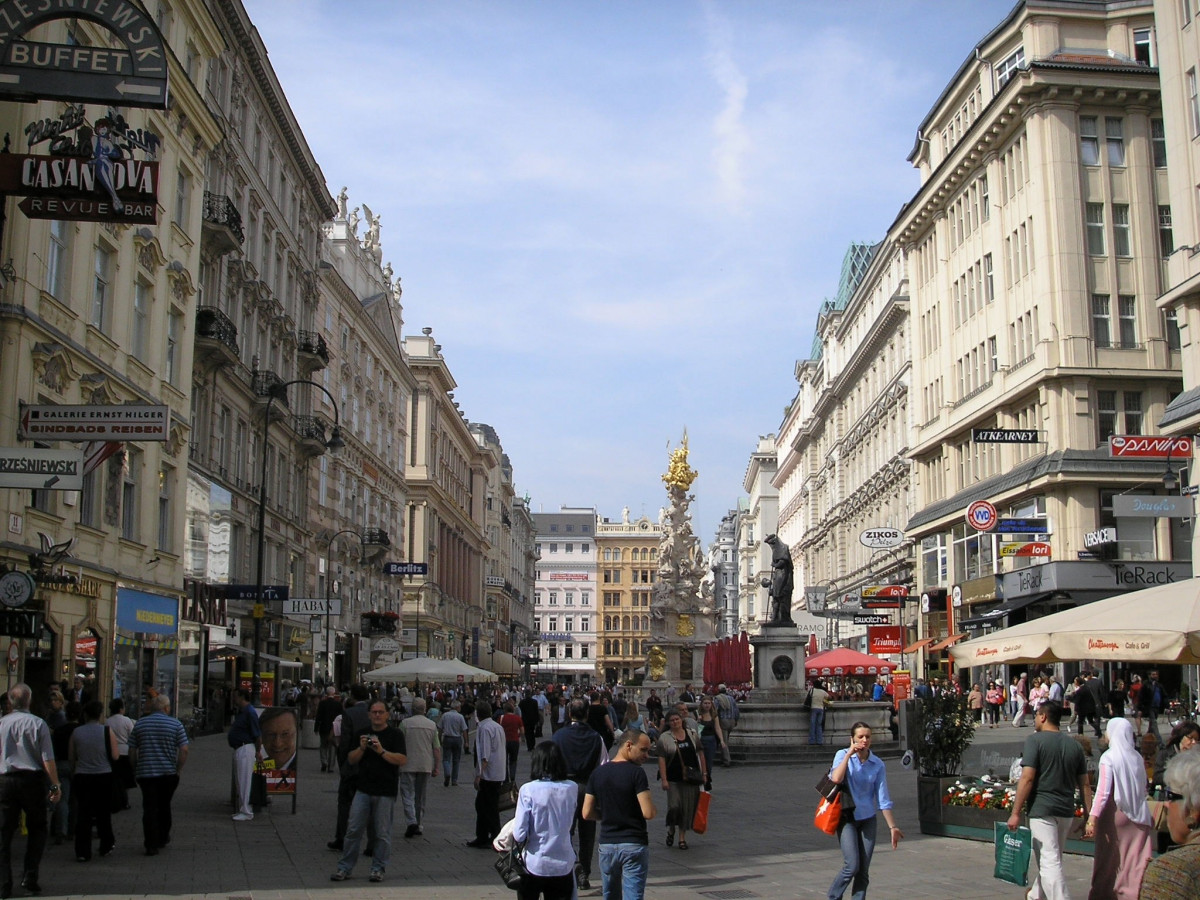Sponsored Content
Vienna's Luxury Shops Struggle with the Loss of Russian Tourists
During the past two decades, Russian tourists with purchasing power have enriched the city centre's luxury shops, but since the invasion of Russian troops in Ukraine, hardly anyone visits the Austrian capital. According to the latest statistics, fewer than one percent of tourists staying overnight in Vienna are Russians. Due to the loss of purchasing power, the tourism industry in Vienna suffers greatly.
 Many of the shops are located in Vienna's city centre. / Picture: © Wikimedia Commons / Gryffindor / CC BY-SA 2.5 https://creativecommons.org/licenses/by-sa/2.5)
Many of the shops are located in Vienna's city centre. / Picture: © Wikimedia Commons / Gryffindor / CC BY-SA 2.5 https://creativecommons.org/licenses/by-sa/2.5)
Vienna has always benefited from Russian tourists with purchasing power, who livened up the luxury shops in the city centre. However, since the invasion of Russian troops in Ukraine, hardly any Russians come to the Austrian capital.
The latest figures show that less than one per cent of tourists staying overnight in Vienna are Russian. The loss hurts Vienna's tourism industry a…
or Log In
Fast News Search





